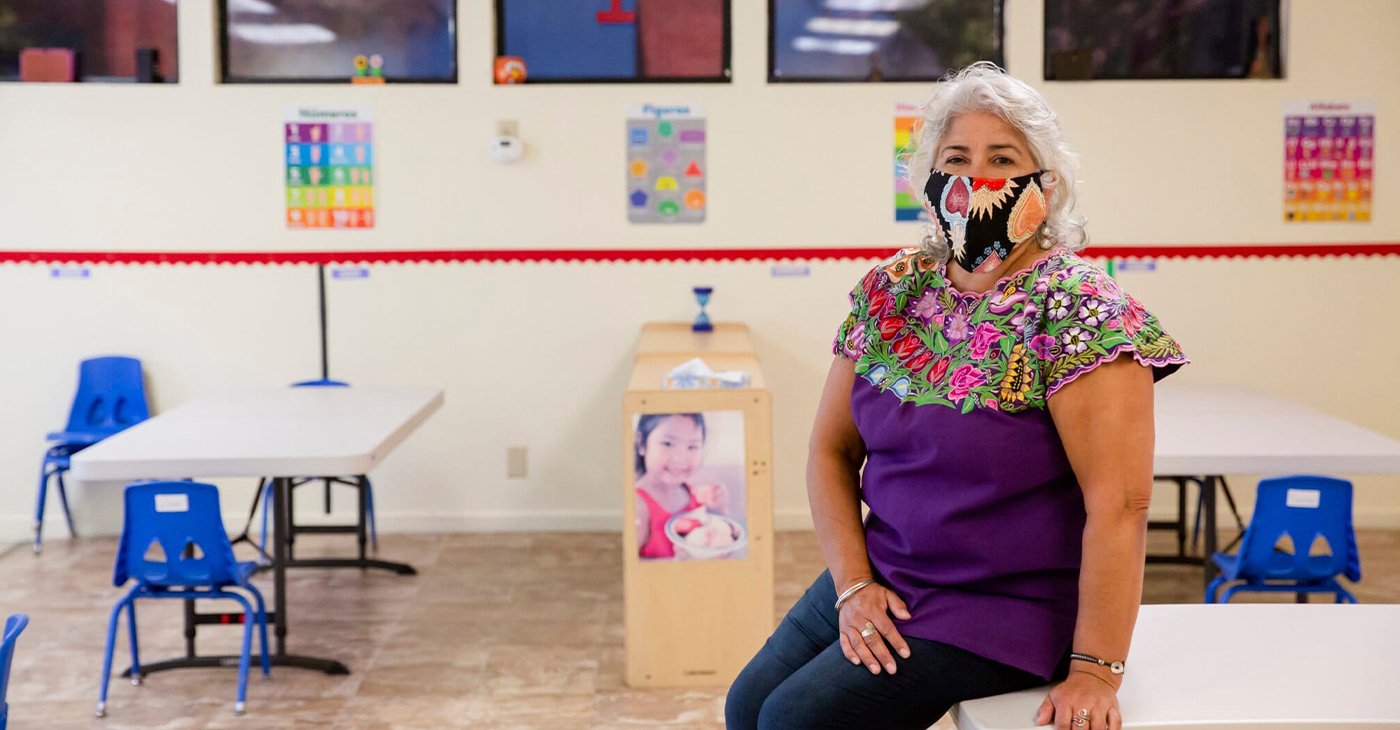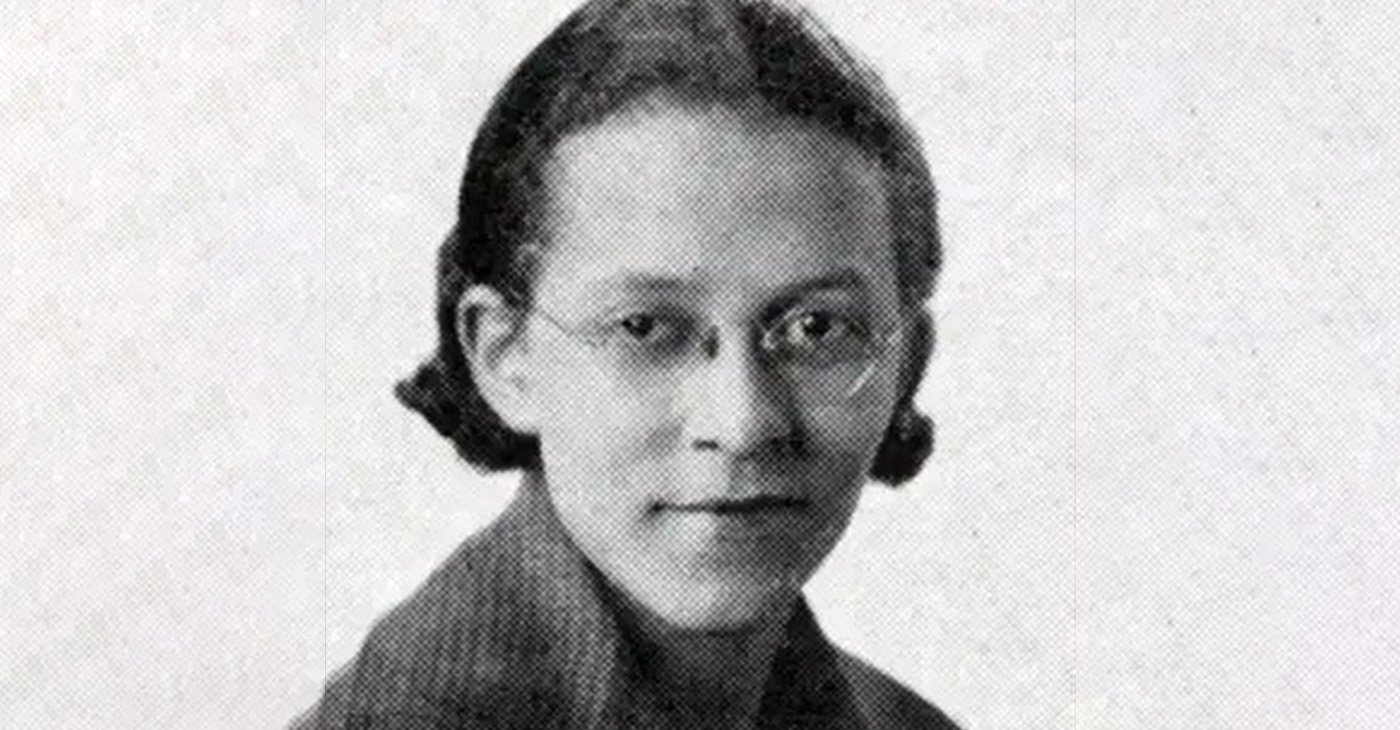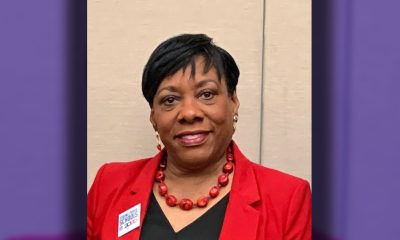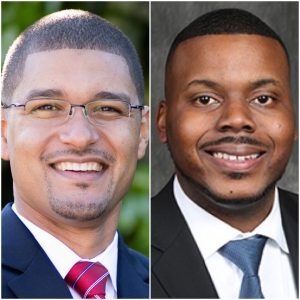History
Frank McWorter: Benefits Made Him “Free”
To establish and maintain his legacy, McWorter “directed his descendants to buy the freedom of additional grandchildren and great-grandchildren after his death.” By the end of his life (1854), McWorter bought the freedom of 16 enslaved individuals at a total cost of $14,000.

Travel from Kentucky to Illinois was not without danger. Off-roads and wooded areas were littered with prowling slave catchers who would steal and even destroy freedom papers held by freedmen. Confusing the identity of those seized allowed slave catchers to kidnap them. Once taken, they faced bondage, making it nearly impossible to regain freedom. Even if the papers were intact and the case reached the courts, judges oftentimes dismissed them as forged.
The year was 1830, and Frank McWorter (1777–1854) would face these risks and deliver his family to freedom.
McWorter was born in South Carolina. His owner, George McWhorter, was said to have fathered young Frank. In 1795, Frank and his owner left South Carolina for Kentucky, a place where survival was rough and help was short. These conditions spurred enslavers to make and save all the money they could. They began to allow select slaves to earn cash by hiring themselves out to white settlers.
Slave owners benefitted from this arrangement by collecting their so-called portion of the earnings. Settlers benefitted by paying out lower wages. McWorter also benefitted: he bought himself (1819), and soon after, his family members out of bondage––hence the name “Free” Frank. And freedom was just the beginning of his benefits.
Freedman were entitled to a few basic rights under the US Constitution. For McWorter, this represented the ability to gain economic security through purchasing property. Although his first lot was in Kentucky, his preference was to settle in a state where slavery was outlawed. He then bought land on the Military Tract in Illinois.
It was the spring of 1831 when the McWorters began to settle on their new land: a farm nestled near a spring and running creek in Pike County, Ill. They wasted no time planting and harvesting. By year two, they had farmed more than 80 acres.
By 1835, McWorter returned to Kentucky to purchase the freedom of his son Solomon. He would continue these trips until all of his family were free. He then bought an adjoining 80-acre tract of military land from the government. It was on a part of that land that the town New Philadelphia was developed (1836).
Lots measuring 60×120 feet were sold to both Blacks and Whites. The Black population in New Philadelphia swelled compared to the state as a whole at that time (1850). Economic opportunities, a sense of community, and some measure of security were found by its citizens.
To establish and maintain his legacy, McWorter “directed his descendants to buy the freedom of additional grandchildren and great-grandchildren after his death.” By the end of his life (1854), McWorter bought the freedom of 16 enslaved individuals at a total cost of $14,000.
New Philadelphia continued to attract new settlers, its population peaking in 1865 with 160 individuals. Today, none of the original buildings remain. The land used for farming and pasture for livestock for many years is now covered with prairie grass and wildflowers.
Activism
Report Offers Policies, Ideas to Improve the Workplace Experiences of Black Women in California
The “Invisible Labor, Visible Struggles: The Intersection of Race, Gender, and Workplace Equity for Black Women in California” report by the California Black Women’s Collective Empowerment Institute (CBWCEI), unveiled the findings of a December 2024 survey of 452 employed Black women across the Golden State. Three-fifths of the participants said they experienced racism or discrimination last year and 57% of the unfair treatment was related to incidents at work.

By McKenzie Jackson, California Black Media
Backed by data, a report released last month details the numerous hurdles Black women in the Golden State must overcome to effectively contribute and succeed in the workplace.
The “Invisible Labor, Visible Struggles: The Intersection of Race, Gender, and Workplace Equity for Black Women in California” report by the California Black Women’s Collective Empowerment Institute (CBWCEI), unveiled the findings of a December 2024 survey of 452 employed Black women across the Golden State. Three-fifths of the participants said they experienced racism or discrimination last year and 57% of the unfair treatment was related to incidents at work.
CBWCEI President and CEO Kellie Todd Griffin said Black women have been the backbone of communities, industries, and movements but are still overlooked, underpaid, and undervalued at work.
“The data is clear,” she explained. “Systemic racism and sexism are not just historical injustices. They are active forces shaping the workplace experiences of Black women today. This report is a call to action. it demands intentional polices, corporate accountability, and systemic changes.”
The 16-page study, conducted by the public opinion research and strategic consulting firm EVITARUS, showcases the lived workplace experiences of Black women, many who say they are stuck in the crosshairs of discrimination based on gender and race which hinders their work opportunities, advancements, and aspirations, according to the report’s authors, Todd Griffin and CBWCEI researcher Dr. Sharon Uche.
“We wanted to look at how Black women are experiencing the workplace where there are systematic barriers,” Todd Griffin told the media during a press conference co-hosted by Ethnic Media Services and California Black Media. “This report is focused on the invisible labor struggles of Black women throughout California.”
The aspects of the workplace most important to Black women, according to those surveyed, are salary or wage, benefits, and job security.
However, only 21% of the survey’s respondents felt they had strong chances for career advancement into the executive or senior leadership ranks in California’s job market; 49% felt passed over, excluded from, or marginalized at work; and 48% felt their accomplishments at work were undervalued. Thirty-eight percent said they had been thought of as the stereotypical “angry Black woman” at work, and 42% said workplace racism or discrimination effected their physical or mental health.
“These sentiments play a factor in contributing to a workplace that is unsafe and not equitable for Black women in California,” the report reads.
Most Black women said providing for their families and personal fulfillment motivated them to show up to work daily, while 38% said they were dissatisfied in their current job with salary, supervisors, and work environment being the top sources of their discontent.
When asked if they agree or disagree with a statement about their workplace 58% of Black women said they feel supported at work, while 52% said their contributions are acknowledged. Forty-nine percent said they felt empowered.
Uche said Black women are paid $54,000 annually on average — including Black single mothers, who averaged $50,000 — while White men earn an average of $90,000 each year.
“More than half of Black families in California are led by single Black women,” said Uche, who added that the pay gap between Black women and White men isn’t forecasted to close until 2121.
Bay Area
Five Years After COVID-19 Began, a Struggling Child Care Workforce Faces New Threats
Five years ago, as COVID-19 lockdowns and school closures began, most early educators continued to work in person, risking their own health and that of their families. “Early educators were called essential, but they weren’t provided with the personal protective equipment they needed to stay safe,” said CSCCE Executive Director Lea Austin. “There were no special shopping hours or ways for them to access safety materials in those early and scary months of the pandemic, leaving them to compete with other shoppers. One state even advised them to wear trash bags if they couldn’t find PPE.”

UC Berkeley News
In the first eight months of the COVID-19 pandemic alone, 166,000 childcare jobs were lost across the nation. Significant recovery didn’t begin until the advent of American Rescue Plan Act (ARPA) Child Care Stabilization funds in April 2021.
Today, child care employment is back to slightly above pre-pandemic levels, but job growth has remained sluggish at 1.4% since ARPA funding allocations ended in October 2023, according to analysis by the Center for the Study of Child Care Employment (CSCCE) at UC Berkeley. In the last six months, childcare employment has hovered around 1.1 million.
Yet more than two million American parents report job changes due to problems accessing child care. Why does the childcare sector continue to face a workforce crisis that has predated the pandemic? Inadequate compensation drives high turnover rates and workforce shortages that predate the pandemic. Early childhood educators are skilled professionals; many have more than 15 years of experience and a college degree, but their compensation does not reflect their expertise. The national median hourly wage is $13.07, and only a small proportion of early educators receive benefits.
And now a new round of challenges is about to hit childcare. The low wages paid in early care and education result in 43% of early educator families depending on at least one public support program, such as Medicaid or food stamps, both of which are threatened by potential federal funding cuts. Job numbers will likely fall as many early childhood educators need to find jobs with healthcare benefits or better pay.
In addition, one in five child care workers are immigrants, and executive orders driving deportation and ICE raids will further devastate the entire early care and education system. These stresses are part of the historical lack of respect the workforce faces, despite all they contribute to children, families, and the economy.
Five years ago, as COVID-19 lockdowns and school closures began, most early educators continued to work in person, risking their own health and that of their families. “Early educators were called essential, but they weren’t provided with the personal protective equipment they needed to stay safe,” said CSCCE Executive Director Lea Austin. “There were no special shopping hours or ways for them to access safety materials in those early and scary months of the pandemic, leaving them to compete with other shoppers. One state even advised them to wear trash bags if they couldn’t find PPE.”
The economic impact was equally dire. Even as many providers tried to remain open to ensure their financial security, the combination of higher costs to meet safety protocols and lower revenue from fewer children enrolled led to job losses, increased debt, and program closures.
Eventually, the federal government responded with historic short-term investments through ARPA, which stabilized childcare programs. These funds provided money to increase pay or provide financial relief to early educators to improve their income and well-being. The childcare sector began to slowly recover. Larger job gains were made in 2022 and 2023, and as of November 2023, national job numbers had slightly surpassed pre-pandemic levels, though state and metro areas continued to fluctuate.
Many states have continued to support the workforce after ARPA funding expired in late 2024. In Maine, a salary supplement initiative has provided monthly stipends of $240-$540 to educators working in licensed home- or center-based care, based on education and experience, making it one of the nation’s leaders in its support of early educators. Early educators say the program has enabled them to raise wages, which has improved staff retention. Yet now, Governor Janet Mills is considering cutting the stipend program in half.
“History shows that once an emergency is perceived to have passed, public funding that supports the early care and education workforce is pulled,” says Austin. “You can’t build a stable childcare workforce and system without consistent public investment and respect for all that early educators contribute.”
The Center for the Study of Childcare Employment is the source of this story.
Arts and Culture
Beverly Lorraine Greene: A Pioneering Architect and Symbol of Possibility and Progress
Greene graduated from the University of Illinois at Urbana-Champaign in 1936 with a degree in Architecture — a remarkable accomplishment for an African American woman at the time. She was never discouraged by the racial and gender discrimination that saturated her field.

By Tamara Shiloh
In the mid-20th century, Beverly Lorraine Greene was recognized as the first African American woman licensed to practice architecture in the United States.
Greene was born on Oct. 4, 1915, in Chicago during an era when opportunities for African Americans, particularly women, were severely limited.
Her parents, James and Vera Greene, were deeply invested in her education, instilling in her a belief in the power of intellect and perseverance. She grew up during the Great Migration that transformed Chicago starting in 1900.
Greene graduated from the University of Illinois at Urbana-Champaign in 1936 with a degree in Architecture — a remarkable accomplishment for an African American woman at the time. She was never discouraged by the racial and gender discrimination that saturated her field.
Greene continued her education, earning a master’s degree in City Planning and Housing in 1937, also from the University of Illinois. Her ambition was not merely to design structures but to shape spaces that fostered equity and community. In 1942, she became the first African American woman licensed as an architect in the United States, obtaining her credentials in Illinois. This groundbreaking achievement, however, did not translate immediately into job opportunities.
Early in her career, she faced significant discrimination from firms unwilling to hire a Black woman. However, her determination never wavered. In 1945, Beverly moved to New York City, a place she believed could offer broader professional opportunities.
She joined the architectural department of the New York City Housing Authority, focusing on affordable housing projects. Her work during this time reflected her commitment to using architecture as a tool for social justice, ensuring that marginalized communities had access to well-designed, dignified living spaces.
Greene’s talents soon drew the attention of prominent firms. She was hired by Isadore Rosenfield, a respected architect known for designing hospitals. She contributed to the design of healthcare facilities, including the modernization of Harlem Hospital. Her portfolio expanded in collaboration with architectural personalities such as Marcel Breuer and Edward Durell Stone.
Notably, she worked on the prestigious UNESCO headquarters in Paris — a landmark project that brought her skills to an international stage. Her involvement underscored her ability to navigate the intricacies of large-scale, global projects, proving that her talents transcended the limitations society sought to impose.
Greene’s career was tragically cut short when she passed away unexpectedly in 1957 at the age of 41. Though her life was brief, her impact was profound. She shattered entrenched barriers, paving the way for future generations of Black architects and women in the field.
-

 Activism3 weeks ago
Activism3 weeks agoOakland Post Endorses Barbara Lee
-

 Activism4 weeks ago
Activism4 weeks agoOakland Post: Week of March 28 – April 1, 2025
-

 Activism3 weeks ago
Activism3 weeks agoOakland Post: Week of April 2 – 8, 2025
-

 #NNPA BlackPress3 weeks ago
#NNPA BlackPress3 weeks agoTrump Profits, Black America Pays the Price
-

 Activism2 weeks ago
Activism2 weeks agoOakland Post: Week of April 9 – 15, 2025
-

 #NNPA BlackPress3 weeks ago
#NNPA BlackPress3 weeks agoHarriet Tubman Scrubbed; DEI Dismantled
-

 #NNPA BlackPress3 weeks ago
#NNPA BlackPress3 weeks agoLawmakers Greenlight Reparations Study for Descendants of Enslaved Marylanders
-

 #NNPA BlackPress3 weeks ago
#NNPA BlackPress3 weeks agoTrump Targets a Slavery Removal from the National Museum of African-American History and Culture

























































